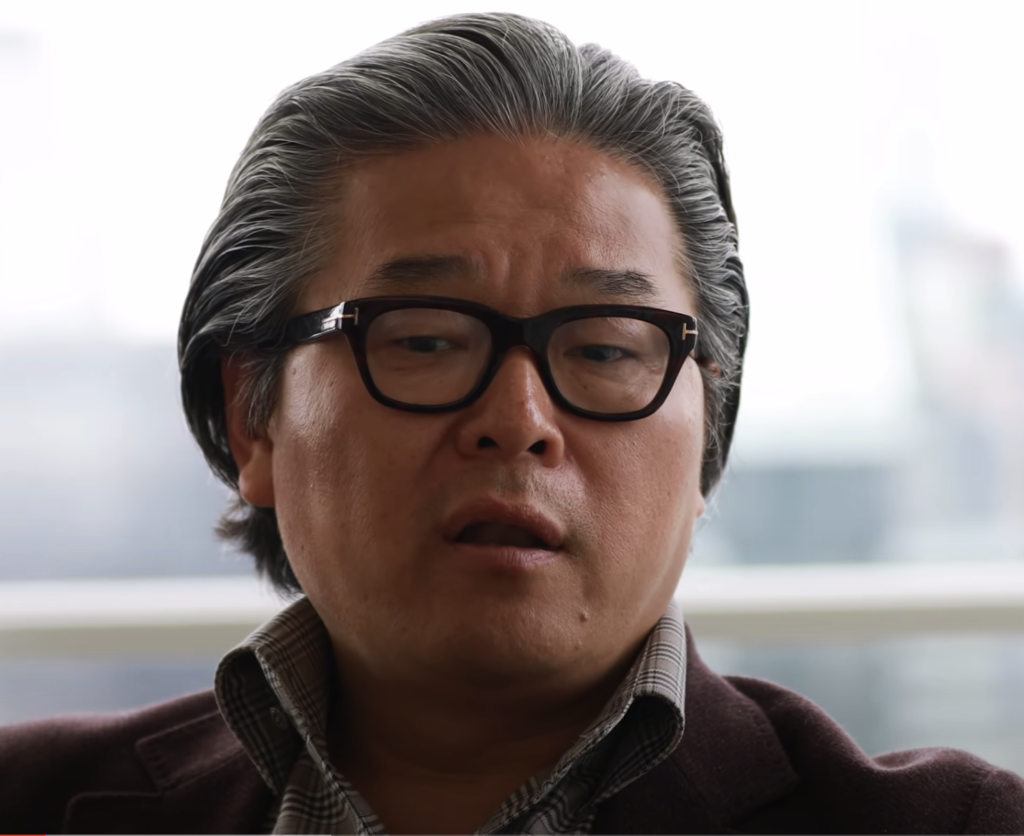
Last week’s block trade mayhem can now be connected with a highly levered hedge fund that faced unmet margin calls and likely cost Wall Street banks several billion dollars in losses. But the real question is whether the unraveling – that started a few days earlier – poses serious risk to the financial system.
As IPO Edge was first to report late Friday, a liquidation of holdings Friday at several major investment banks with ties to Tiger Cub Archegos Capital Management LLC explained wild declines in stocks including Discovery, Inc. and ViacomCBS Inc. The fund, run by Julian Robertson disciple Bill Hwang, had received margin calls Thursday and banks proceeded to liquidate positions to minimize damage to their own balance sheets.
Hedge fund managers familiar with Mr. Hwang’s strategy told IPO Edge he is known for employing high amounts of leverage, but it’s difficult to know exactly how much. In fact, it appears that he held all of his positions through swaps, so they don’t appear on SEC filings.
Which bets triggered the meltdown? According to multiple hedge funds, some of the trouble began brewing earlier in the week, when ViacomCBS sold $3 billion of shares at discount. Two of those hedge funds told IPO Edge they shorted both ViacomCBS and Discovery last week – largely because of fundamental reasons. Shares of both stocks drifted lower in the coming days are now roughly 50{efe5d79870c08482e17ab0c97855f89429dac5f22c46026d3ca83573faec2208} off their highs earlier this month.
Indeed, short interest in both stocks has crept higher in the last couple of weeks and remains elevated. Some 30{efe5d79870c08482e17ab0c97855f89429dac5f22c46026d3ca83573faec2208} of the float of Discovery shares is sold short while the short interest in ViacomCBS is 18{efe5d79870c08482e17ab0c97855f89429dac5f22c46026d3ca83573faec2208}, according to S3 Partners.
The problem with such big moves in stocks like ViacomCBS and Discovery is that they’re extremely unlikely based on empirical data – almost black swan level events. In other words, banks that let Mr. Hwang trade them on margin may have required minimal collateral. So when his position began to go south, things got ugly fast.
As for Mr. Hwang, there are clear signs of risk-taking in the past. His previous fund, Tiger Asia, suffered steep losses in the 2008 crisis. A few years later he was embroiled in an insider trading scandal. And according to Bloomberg, Goldman Sachs had refused to trade for him until recently changing its position.
Mr. Hwang, who seems to shy from the financial media and could not be reached by IPO Edge, has become a dedicated Christian and a number of interviews with him discussing religion are available online. In one, he explains that his goal is to be an “excellent” investor but that “it’s not all about money.”
“We love seeing in our little eyes what God is doing through investing in capitalism,” he says in the interview.
As for broader fallout, the damage to banks appears contained, albeit concerning. Announcements from Credit Suisse and Nomura indicate they were hurt by Archegos (though they don’t name the fund) and shares of both banks were down sharply in midday trade Monday.
One seasoned investor points out that Mr. Hwang’s leverage bears some resemblance to other hedge fund meltdowns such as Gabe Plotkin’s Melvin Capital, which took a bailout after it bet against GameStop shares. “The problem was excessive leverage,” said Charles Gradante, who previously ran $1.6 billion for The Hennessee Group LLC and recently discussed leverage problems in the GameStop debacle in an interview with CorpGov.
Mr. Gradante testified before Congress multiple times to discuss the role of leverage after the collapse of Long-Term Capital Management. At the time, he argued that lenders bore as much responsibility as the highly-levered fund.
For the moment, the fallout from Archegos looks unlikely to be anywhere near as painful as the LTCM episode. “While the market’s investor negative credit margin is at all-time highs, the leverage at Archegos is nowhere near LTCM”,” he said.
IPO Edge Contact:
John Jannarone, Editor-in-Chief
editor@IPO-Edge.com
Twitter: @IPOEdge
Instagram: @IPOEdge







